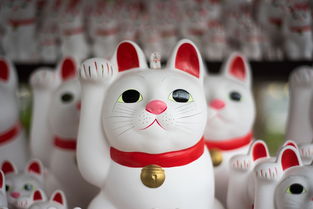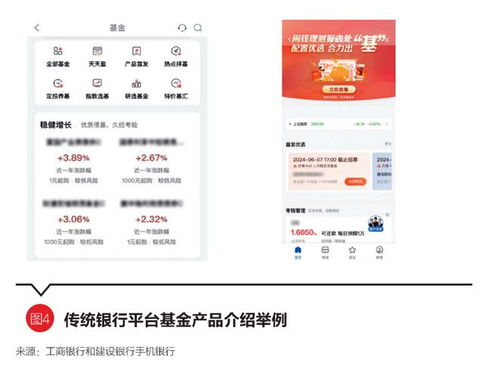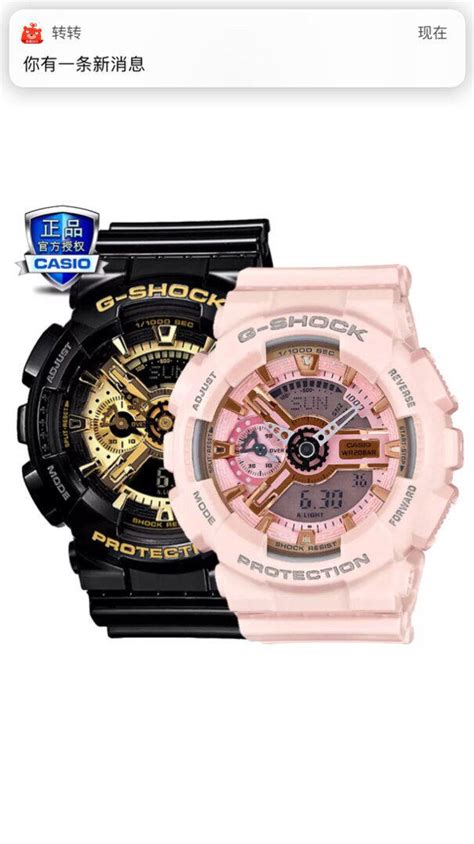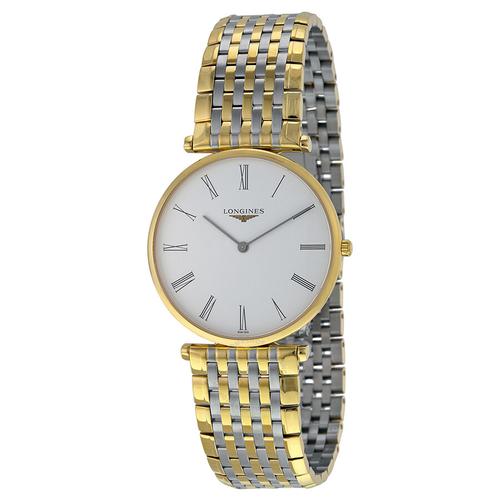Title: The Influence of Luxury Goods on Consumer Behavior
Luxury goods hold a significant influence over consumer behavior in today's society. The term "luxury" itself conveys a sense of exclusivity, high quality, and exceptional value. In this essay, we will explore the impact of luxury goods on consumer behavior, as well as the psychological and social factors that drive individuals to purchase such products.
First and foremost, luxury goods possess the power to evoke strong emotional responses from consumers. The prestige associated with owning luxury items can create a sense of selfworth and accomplishment in individuals. The possession of luxury goods often serves as a status symbol, signifying one's social and economic standing. For many consumers, the act of purchasing luxury items is not just about owning a product, but about fulfilling a desire for recognition and admiration from others.
Moreover, the marketing and branding strategies employed by luxury companies play a pivotal role in shaping consumer behavior. Through meticulously crafted advertising campaigns and endorsements by celebrities and influencers, luxury brands create aspirational narratives that resonate with consumers. These narratives often center around themes of elegance, sophistication, and a lifestyle of opulence, which can lead individuals to associate the consumption of luxury goods with achieving a certain desirable identity.
Furthermore, the concept of luxury is closely tied to the human instinct for exclusivity and rarity. Limited edition releases, bespoke craftsmanship, and heritage storytelling all contribute to the allure of luxury goods. The scarcity of these products, combined with their superior quality, elevates their appeal and motivates consumers to engage in purchasing behavior driven by the fear of missing out on a unique opportunity.
It is essential to examine the psychological triggers that lead individuals to seek out luxury goods. The phenomenon of "retail therapy" highlights how the act of purchasing luxury items can serve as a form of emotional gratification and escapism. Factors such as pleasure, desire for novelty, and the pursuit of sensory indulgence all play a part in influencing consumer behavior in the luxury market.

From a social perspective, the consumption of luxury goods is intertwined with the human desire for social comparison and the need for belonging. The concept of "conspicuous consumption," as theorized by economist Thorstein Veblen, explains how individuals showcase their wealth and social status through extravagant spending. In many cases, the acquisition of luxury goods is driven by a desire to conform to societal norms and demonstrate one's affiliation with a particular social group or class.
In conclusion, the influence of luxury goods on consumer behavior is profound and multifaceted. The purchase of luxury items is not solely a transactional exchange; rather, it is a complex interplay of emotional, psychological, and social factors that drive individuals to seek out and engage with luxury brands. Understanding these dynamics is crucial for businesses operating in the luxury market and for consumers looking to make informed decisions about their purchasing behavior.
In navigating the world of luxury goods, it is important for individuals to critically evaluate the motivations behind their desire for such products and assess whether their purchases align with their personal values and financial wellbeing. While the allure of luxury may be tempting, mindful consumption and thoughtful reflection can lead to a more fulfilling and meaningful relationship with luxury goods.











